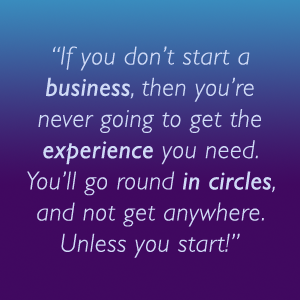 When someone thinks about starting a business the first thought is the cost. It should go without saying, but it’s important to pay what you owe – especially when dealing with the IRS The IRS can impose harsh penalties and even come after a business owner’s personal assets if the owner doesn’t remit payroll taxes on time. Running an online business without the right supplementary tools can be a complete waste of time and money.
When someone thinks about starting a business the first thought is the cost. It should go without saying, but it’s important to pay what you owe – especially when dealing with the IRS The IRS can impose harsh penalties and even come after a business owner’s personal assets if the owner doesn’t remit payroll taxes on time. Running an online business without the right supplementary tools can be a complete waste of time and money.
Getting feedback from your potential customers is key during the early stages of your business. There are 150,000,000 people who shop at flea markets annually. So while it may be easy to select a smart-sounding strategy for your plan, I recommend you give a lot of thought to the strategy that will set the course for your business.
Starting any business has a price, so you need to determine how you’re going to cover those costs. The main types of businesses can be segmented into three main categories: Services, Products, or Retail. With a business bank account, therefore, you’ll be able to separate your expenses, protect your personal funds and assets, and ultimately, save yourself time and effort when it comes to both bookkeeping and taxes.
Just keep in mind that no matter what it is we’re starting, we’re going to spend money getting there. You will need to keep track of what you are charging clients for your goods and services, as well as any business related expenses. Conducting thorough market research on your field and demographics of potential clientele is an important part of crafting a business plan.
Most venture capitalists and investors are quite active on social media, so if you can wow them with your idea you may find a great way to get started on your business dream. If you have a limited company and it is trading (this means making any financial transaction), you will need to register for corporation tax within three months of starting your business or beginning to trade.


